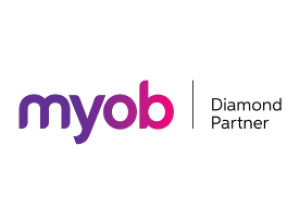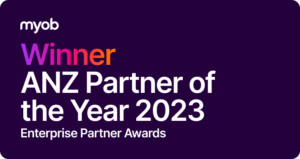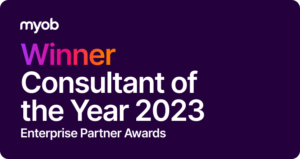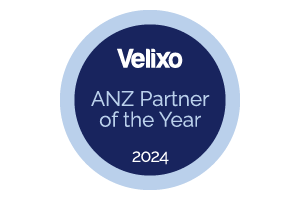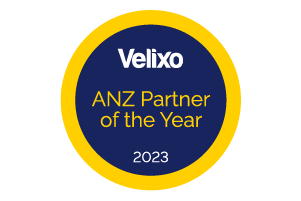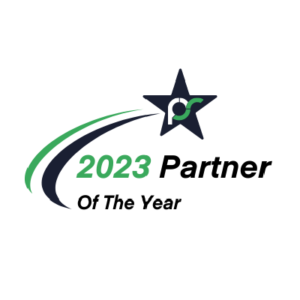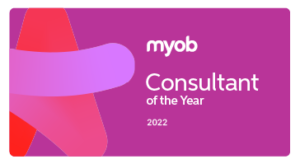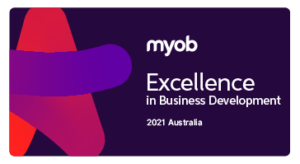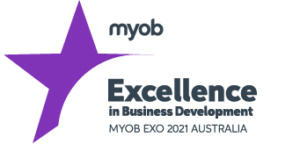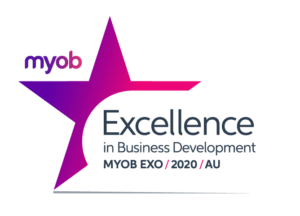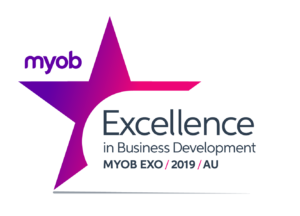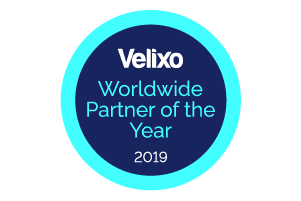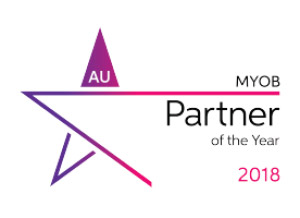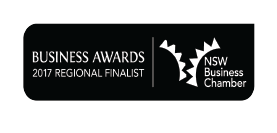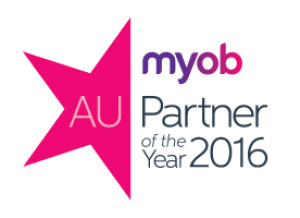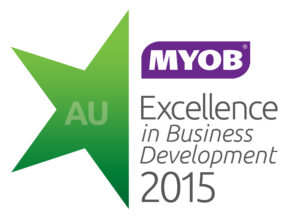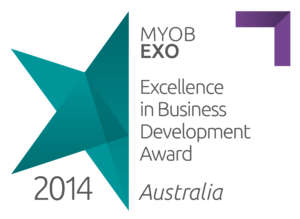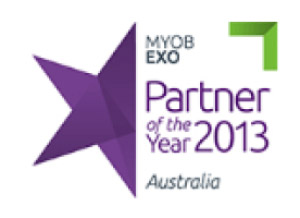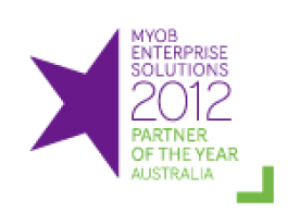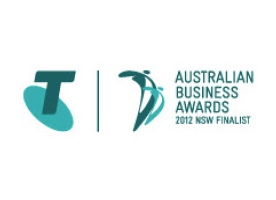ERP Systems: What’s the Difference?
A breakdown of off-the-shelf, configurable and customisable ERP solutionSmall businesses tend to be unsystemised and relatively inefficient. By purchasing a standard off the shelf or out of the box software system, such as MYOB Premier, Quickbooks etc, you are most likely to be improving your processes to a generic standard.
However, as businesses grow they develop unique processes. This gives them a competitive advantage which they would wish to retain as they continue to grow. Purchasing off the shelf software will be a step backwards as their processes then revert to being the same as everyone else who is running that software. These larger, more complex businesses require configurable systems which can be ‘moulded’ to match their unique business processes.
Custom software has been written specifically to meet a pre-defined specification. It tends to be unique (one-off), expensive to build, expensive to maintain, and high risk due to the difficulties in supporting this type of software.
Off-the-Shelf Software
Off the shelf software is usually purchased based on standard functionality.
A simple checklist will allow you to compare standard functionality between products. As only limited configuration is possible, a comparison based on functionality will be a good indicator of whether or not the software is a good fit for your company. Do not fall into the trap of being seduced by bells and whistles that you do not need. It is a good idea to first make a list of the functionality that is a must-have in your own company, functionality that would be nice to have, and functionality that is definitely not required. Having created this list, you can then compare this to the functionality offered by each off the shelf product and choose the most suitable fit.
Off-the-shelf software has served thousands of Australian businesses well. But as your business grows, your accounting package runs out of steam. You develop a unique way of doing things – your competitive advantage. You need to entrench this unique way of doing things. You also develop a need for specific, focused, compiled information in order to run your business more efficiently. Your needs are no longer generic, no longer the same and you might start thinking about transitioning to a bigger software solution.
Does brand name matter?
When selecting off the shelf software, make sure you are buying from a reputable software house such as MYOB, Quicken (Reckon), SAGE, SAP or Microsoft. These established software houses have tens of thousands of people using their software and invest large amounts of money in debugging and improving their software systems. You can expect regular product updates with feature enhancements and new functionality. The companies will keep up with changes in technology and ensure compatibility with your operating system. For example, a one man band who created software running on Windows XP would struggle to fund the change in operating system to Windows Vista and again, within a few years, to Windows 7, whereas the larger software houses can spread the cost of this across their thousands of customers.
Legislative changes often have a major impact on software, for example changes to GST require changes to software, and smaller software houses may not have the resources to make these changes in time to comply with legislative requirements.
Documentation
Larger software houses tend to have better documentation, better end-user manuals and better training.
End user feedback
Larger software houses have a sophisticated end-user feedback loop. Because more people are using the software, bugs are identified and corrected sooner. You are unlikely to be the person who discovers the bug.
These software houses take care to receive feedback from end-users and are continuously improving their products. Smaller software houses tend to get caught up in fixing the bugs and little time and money is available to advance the product.
Longevity
Implementing a new software solution requires an enormous amount of effort from both the purchaser and the implementing partner. This is not a process you want to repeat in a hurry. Make sure that the software house you purchase from is going to be around for many years.
Configurable ERP Software
At the entry level, configurable software is usually wizard driven. This means that the software provider (eg MYOB) has built some limited options into the software. You can enable or disable these options by following a setup or configuration wizard. The options are fairly limited and based on the most popular or common requirements. Changes to reports can usually be made, but these would be limited to popular options.
Hosted software solutions often fall into this category as the solution provider’s module is to provide a common platform of ‘one size fits all’. This is extended by allowing options.
Once you move to configurable software, these is much more flexibility to make changes. The ‘source code’ is not accessible to the implementer, but the software house gives the implementers access to certain areas of the system where they can make certain changes. Examples of this are the ability to add extra fields on-screen, customised forms and reports and change workflows. This layer comes in addition to a configuration module which allows the implementer to turn functionality on or off as required for each unique site.
For large corporations with large budgets, configurable software may not meet their needs and this is the point at which custom software development is required.
MYOB Exo is highly configurable. Implementers have direct access to the SQL database and can create new tables, fields, stored procedures, triggers and reports.
Modern software is developed in a way that allows it to be configured uniquely, and specifically to suit your requirements. The role of Kilimanjaro Consulting is to understand your requirements, and to translate them into the technical configuration of the software.
Customisable/Extensible Software
This should always be the last option. It is usually better to live with 85% of the required functionality from an existing product than to develop a custom solution. Where a custom solution is unavoidable, it is preferable to use an existing ‘back-end’. So, for example, if you require a custom booking system for a theatre, it would be preferable to use an accounting system like MYOB Exo Finance which takes care of debtors, creditors and General Ledger, and then only build the booking system functionality and integrate the two systems.
If you have any enquiries, please call us on 1300 857 464 (AU) or 0800 436 774 (NZ), or email us at sales@kilimanjaro-consuting.com.

